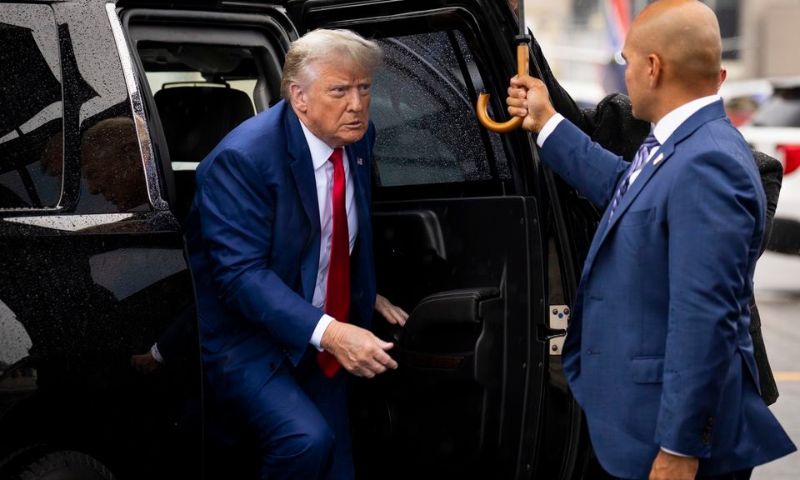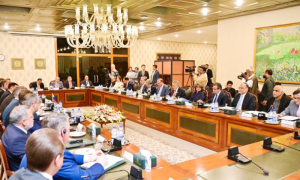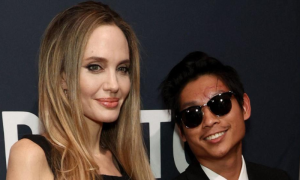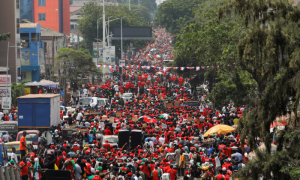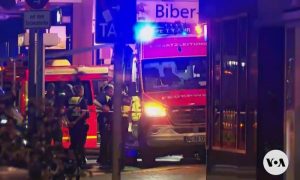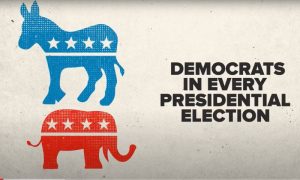WASHINGTON: In a significant development, a federal judge ruled on Friday that former President Donald Trump will be permitted to publicly share certain non-sensitive evidence as part of his trial on charges related to his alleged involvement in plotting to overturn the 2020 election. This decision is seen as a victory for Trump’s legal team.
The ruling by US District Judge Tanya Chutkan contradicts objections raised by prosecutors, who expressed concerns that Trump might exploit details of confidential evidence to intimidate witnesses.
Judge Chutkan’s decision states that the government failed to adequately demonstrate why all evidence should be subject to a “protective order,” which is designed to prevent public dissemination of evidence to avoid witness intimidation or potential prejudice to a jury pool.
However, Judge Chutkan made it clear that Trump will still be bound by release conditions prohibiting him from intimidating witnesses, and she emphasized her intention to closely scrutinize his statements.
2020 Election Case Against Trump
While the government retains the ability to request the court to include specific pieces of evidence under the protective order, Judge Chutkan also rejected Trump’s lawyers’ argument that transcripts of witness interviews should be considered sensitive and off-limits for public sharing.
“He is a criminal defendant. He is going to have restrictions like every single other defendant. This case is proceeding in the normal order,” Judge Chutkan asserted. “The fact the defendant is engaged in a political campaign is not going to allow him any greater or lesser latitude than any defendant in a criminal case.”
It is customary for federal prosecutors to seek protective orders when sharing evidence with defense attorneys to maintain the confidentiality of records and uphold the trial’s integrity. Usually, defense attorneys do not oppose such orders as they contribute to the government’s evidence production process.
However, Trump’s legal team argued that the protective order’s scope was overly broad and potentially infringed upon Trump’s First Amendment rights to free speech under the US Constitution.
“This kind of blanket order is extraordinary,” stated John Lauro, Trump’s lawyer. “We have to face the fact we are in uncharted waters.”









